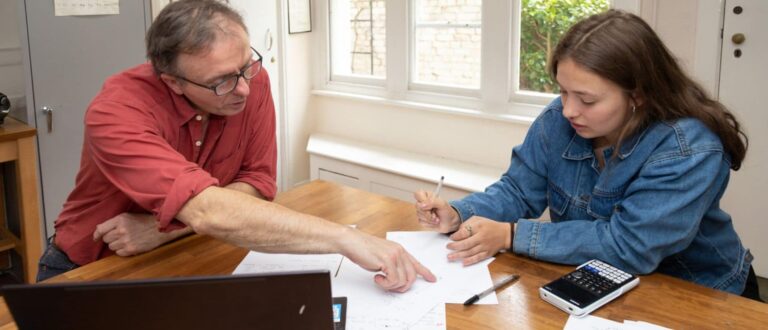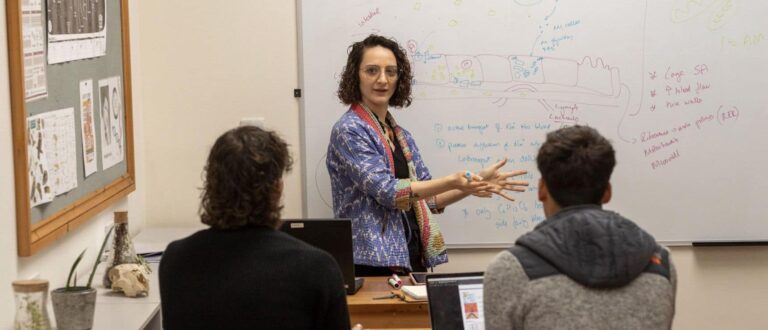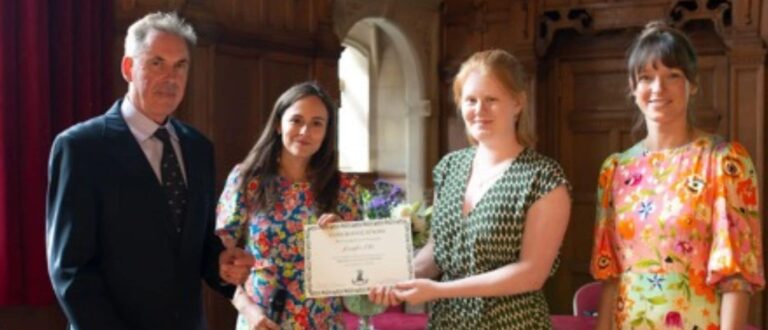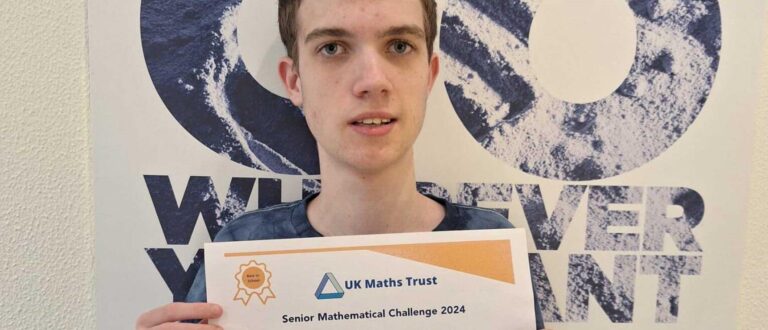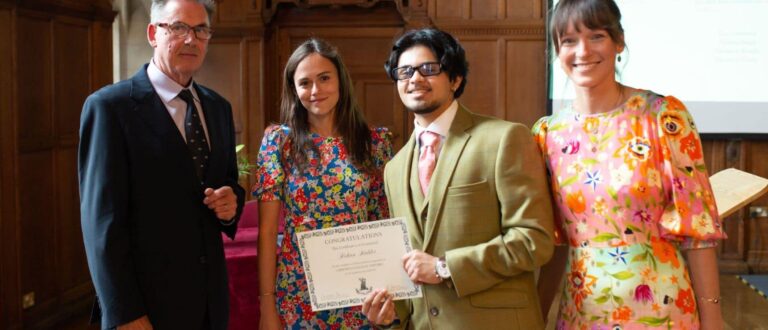Teaching has existed in Oxford since the 11th century and the role of tutors was documented in the 15th century, when tutors at the University of Oxford were described as ‘having responsibility for the conduct and instruction of their younger colleagues’ (Moore, 1968). Thus, the early role of the tutor was both pastoral as well as academic.
The University of Oxford’s purpose was initially the education of clerics – and the course of study involved the teaching of the seven liberal arts (Grammar, Logic, Rhetoric, Music, Arithmetic, Geometry and Astronomy); the three philosophies (Moral, Metaphysical and Natural); and the two tongues (Greek and Hebrew). The University of Oxford has since educated people from all walks of life and from across the globe. The University of Oxford was the first university in the English-speaking world, and it remains pre-eminently a place of learning, teaching and research.
One of the foundations of the University of Oxford’s academic excellence is the dialectic of the individual, discussion-based tutorial which is reputed to have reached its unique status in the middle of the 19th century. Professor Benjamin Jowett, classicist and Master of Balliol College, University of Oxford, is traditionally credited with having been the guiding influence behind the establishment of the tutorial system based on the Socratic method. His students said of Jowett, ‘his great skill consisted, like Socrates, in helping us to learn and think for ourselves’ (Markham, 1967). When Jowett took up the mantle of Vice-Chancellor of the University of Oxford in 1882, his teaching method of Socratic dialogue became established as a ‘pattern for the whole university’ (Markham, 1967).
The tutorial system questioned:
However, less than a century later, the tutorial method was considered by many to be outmoded and elitist. In the 1960s, the rapid growth of new universities throughout Britain resulted in accusations that the tutorial method was both inefficient and unsuitable, large lectures being deemed to be the more appropriate method of teaching in the modern university.
Nonetheless, a defence of the tutorial method quickly followed in the wake of these changes. In 1968 Professor Will G. Moore of St John’s College, University of Oxford penned ‘The Tutorial System and Its Future’ to articulate the case for maintaining the tutorial system in the university. Moore’s argument was that the tutorial method’s individual focus and unique ability to foster dialogue, argumentation, and independent thought outweighed any criticism against it.
The tutorial today:
The tutorial today still maintains its distinctive role in education at both Universities of Oxford and Cambridge. Described as the ‘jewel in the crown’ (Palfreyman, 2008) of British education, the tutorial is the focus of much praise as the foundation of an Oxbridge education. In the last decade, multiple studies have been conducted exploring the unique learning benefits of the tutorial method. 130 years after it was formally established as the cornerstone of education at the University of Oxford, the tutorial method retains its prestige and effectiveness.
Lord Curzon, the Chancellor of the University of Oxford declared in 1909: ‘If there is any product of which the University of Oxford has special reason to be proud, which has stamped its mark on the lives and characters of generations of men, and has excited the outspoken envy of other nations, it is that wonderful growth of personal tuition which has sprung up in our midst’ (Palfreyman, 2008). As the present university website states, it is through the tutorial system that ‘students develop powers of independent and critical thought, analytical and problem-solving abilities, and skills in both written and oral communication and argument.
Click here to learn more about how the oldest tutorial college in Oxford, Greene’s College Oxford.
Bibliography:
Markham, Felix. (1967). Oxford. (London: Weidenfeld and Nicolson)
Moore, W.G. (1968). The Tutorial System and its Future. (Oxford: Pergamon Press)
Palfreyman, David ed. (2008). The Oxford Tutorial. (Oxford: OxCHEPS)


